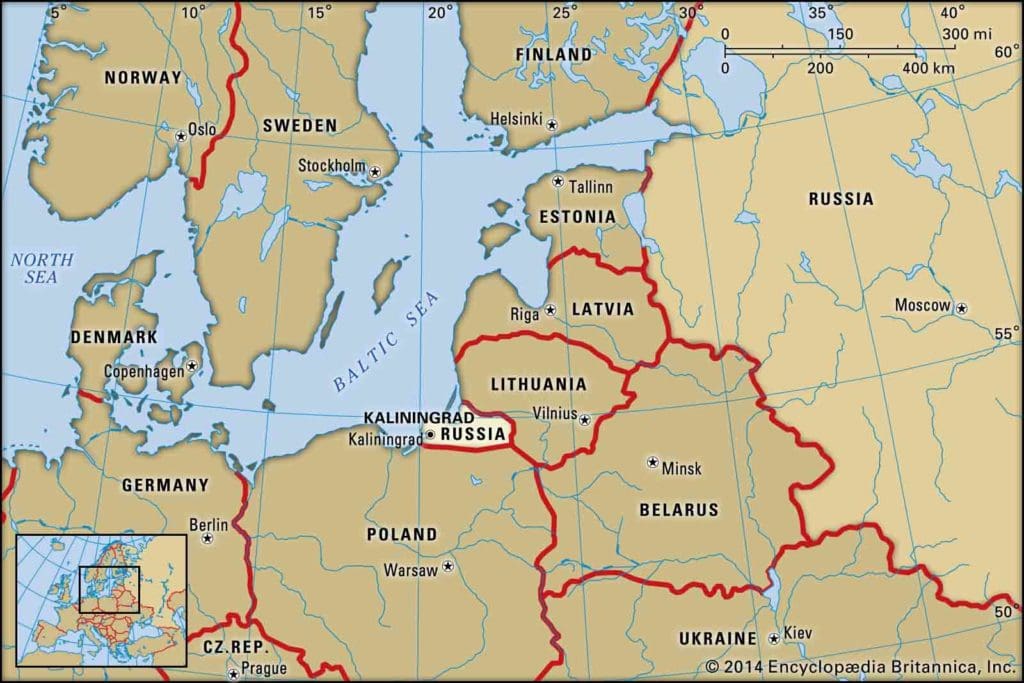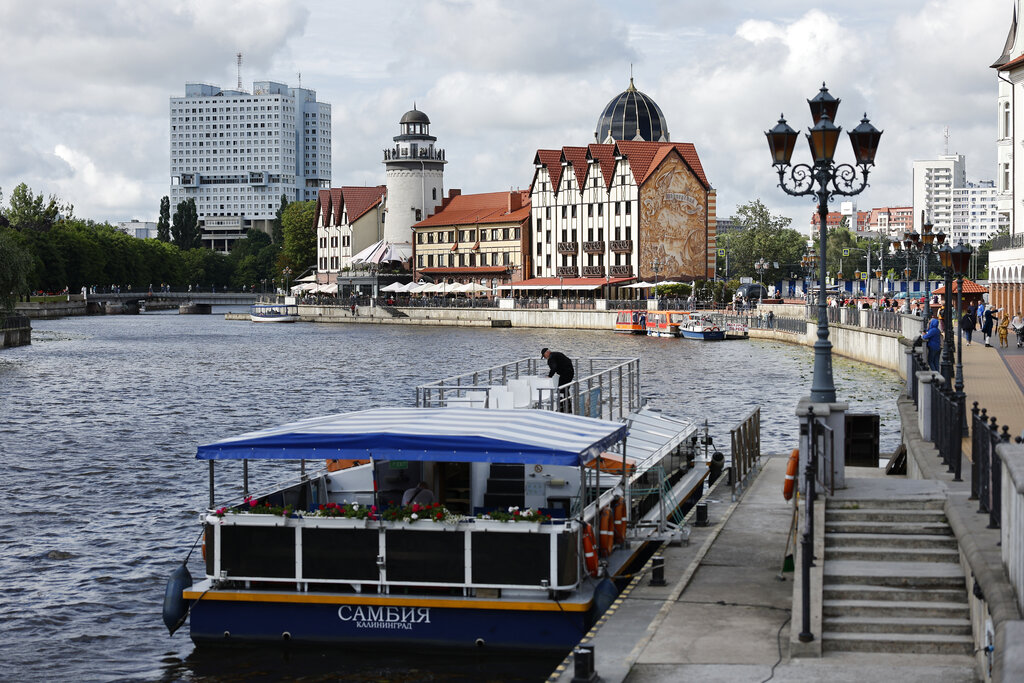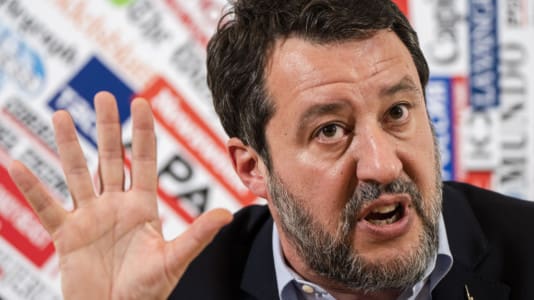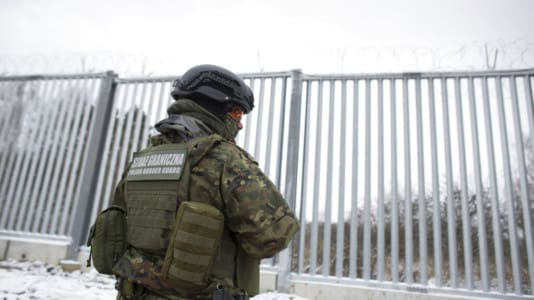Poland decided to return to the traditional name of Królewiec, replacing the Russian Kaliningrad on Polish maps.
Kaliningrad is an enclave seized by the Soviet Union from Germany, then named Königsberg, at the end of the Second World War.
The Commission on the Standardization of Geographical Names Outside the Republic of Poland, operating under the head surveyor of the country, decided that for the city of Kaliningrad, only the Polish name “Królewiec” should be recommended; and the Kaliningrad region should be called the Królewiec region.
The resolution came into force on the day of its publication on the commission’s website, May 9.
The change was initiated by local authorities, supported by the Development and Technology Minister, and approved by the Polish Foreign Affairs Ministry.
The development ministry emphasized that the change is symbolic and associated with Poland’s history and cultural heritage. The change does not relate to the state affiliation of the Kaliningrad region, which is an exclave between Poland, Lithuania and the Baltic Sea belonging to Russia.
The ministry stated that the change does not impose new obligations on entrepreneurs or the need to update documents. The name Królewiec will be taken into account only on maps.
The head of the development ministry, Waldemar Buda, explained that the name change is to avoid Russification in Poland and reject imposed, artificial names associated with its history.
“The name Kaliningrad, named after Mikhail Kalinin, one of the Soviet leaders responsible for the Katyn massacre, causes negative emotions in Poles,” Buda stated. He added that the Russian name of the city is an artificial construct unrelated to the city or region.
“The events related to the Russian invasion of Ukraine, the imposition of the so-called Russkiy Mir, and Russia’s information war make us reconsider the issue of imposed names, which are controversial and not accepted in Poland,” said the minister of development.

Królewiec was founded around a castle built in 1255 by the Teutonic Knights at the mouth of the Pregolya River. The castle was named Königsberg, which means Royal Mountain, in honor of the Czech King Ottokar II, who led the Teutonic Knights during their campaign against the pagan Old Prussians. The city had different names, such as Karaliaučius in Lithuanian, Karalaučiem in Latvian, Královec in Czech, and Korolewiec in Russian.
It was part of the Teutonic State for almost 300 years, then controlled by Prussia and Germany for over 400 years. In the 16th and 17th centuries, the territories were Polish fiefdoms and Królewiec remained under Polish control for 190 years. After World War II, it became part of the Soviet Union, and Moscow authorities renamed it Kaliningrad in 1946, which remains its official name in Russia.






